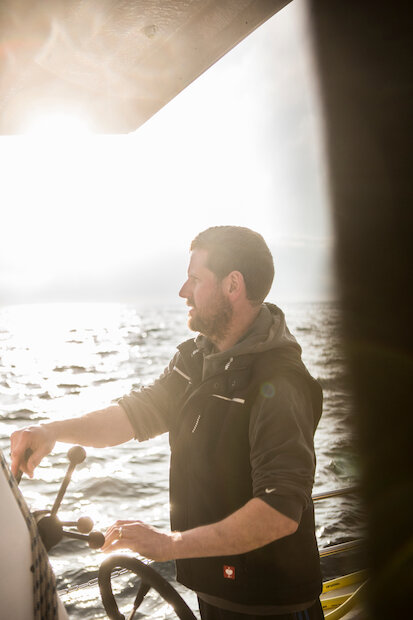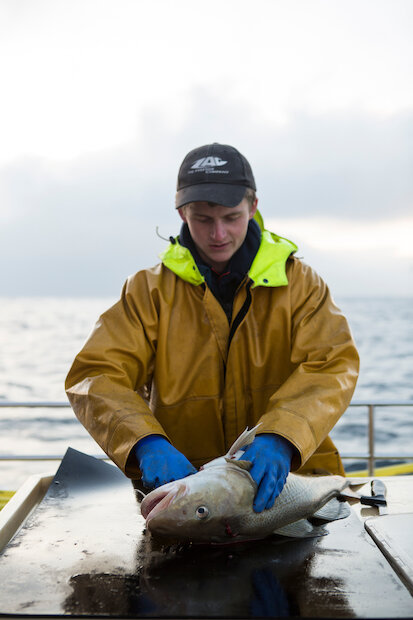Locke and Angelina Bell don’t immediately seem like obvious contenders for a move to Shetland. He’s a sculptor and high-end furniture restorer and she’s an early childhood speech therapist – and they live in New York City’s East Village, a quarter known for Beatniks, punks and recent gentrification.
But, in 2021, their dream destination is Shetland. “We’ve been coming to Scotland for years,” says Locke, “and we’ve fallen in love with the people and the culture. With Shetland especially, we fell in love with the sense of community, the like-mindedness of the people, and the beautiful austerity of the landscape. We find it liberating, and if we could get visas sorted, we’d move in a heartbeat.”
For Locke, the East Village has become an overpriced shadow of its former self, and even the small town in Virginia where he grew up has lost the sense of community and place that Shetland has held onto. “We know so many people who are moving out of the city and looking for something more connected, rooted and real,” he says. “But so few places in the US have what Shetland has – its authenticity, honesty and sense of place.”
We know so many people who are moving out of the city and looking for something more connected, rooted and real
The Bells are not alone in looking to leave the city for a different kind of life. In the wake of Covid-19, the number of permanent remote workers globally is predicted to double this year – and de-urbanisation is widely predicted to be one of the year’s big trends, as people reassess their lives and priorities, and realise that they no longer need to live in cities to work. Disillusionment with global politics, exacerbated by Covid-19, has led many to seek a different way of life.
Shetland has a compelling case as a place to start a new life in the 2020s. It is safe, family-friendly, and driven by community, nature and sustainability, especially now that it is transitioning from oil and gas to renewable forms of energy. And while many remote communities suffer from a lack of jobs and opportunities, Shetland has a broad-base economy, with strong public and private sectors, and a wide range of job opportunities – whether you’re a nurse, teacher or public sector worker, or want to work in aquaculture, green energy or engineering.
With many of these jobs comes the chance to make a tangible difference. This year, community development expert Sarah Kersey is set to move from Exmouth in Devon to Cullivoe, a community on the North Isle of Yell. She’s taking up a job as development manager at the North Yell Development Council, with a particular focus on the redevelopment of the Cullivoe pier, which is already a buzzing hub but is due to add new office spaces, a business centre and a marina for visiting boats.
“I’ve worked a lot with small communities, and I was so impressed with what this particular set of people have achieved already, and their ambitions for the future,” says Sarah, who will also be overseeing the local-led Garth windfarm, and looking at more ways to benefit the local community. “It’s like that quote from [American anthropologist] Margaret Mead: ‘Never doubt that a small group of thoughtful, committed citizens can change the world; indeed, it's the only thing that ever has.’ Communities are really about the people in them.”
I’ve worked a lot with small communities, and I was so impressed with what this particular set of people have achieved already, and their ambitions for the future
In Cullivoe, like much of Shetland, incomers can expect a warm welcome. As mussel farmer Christoper Thomason puts it: “New people are always welcomed to the community with open arms. Especially young families, they bring so much to a place like ours, and help to support the local schools and the local economy.”


